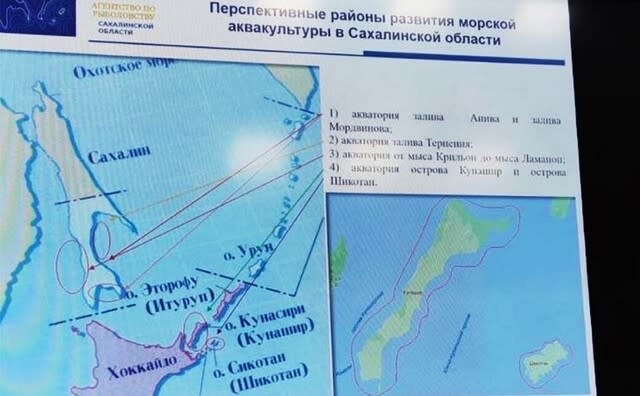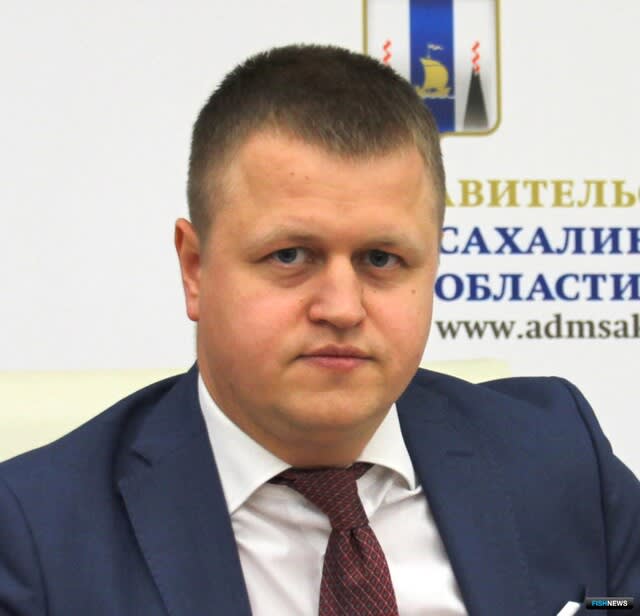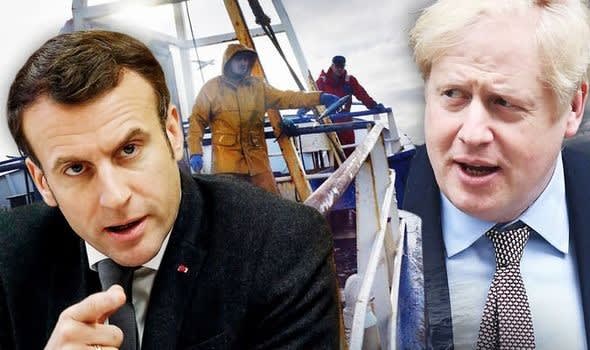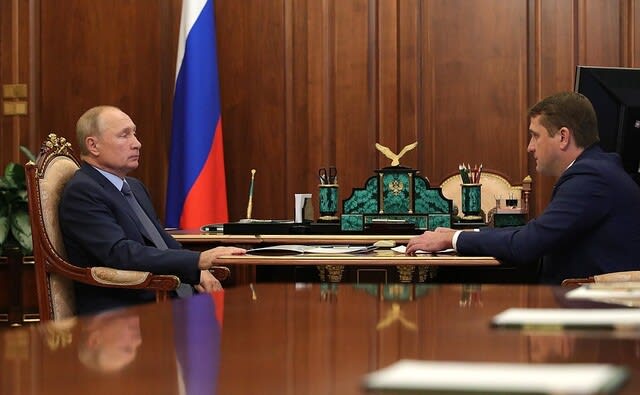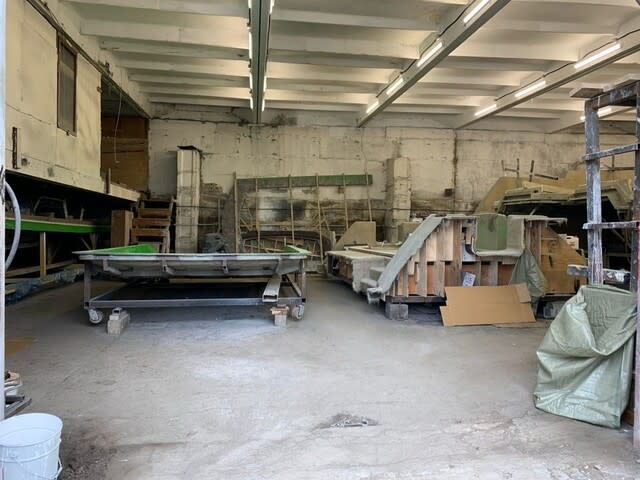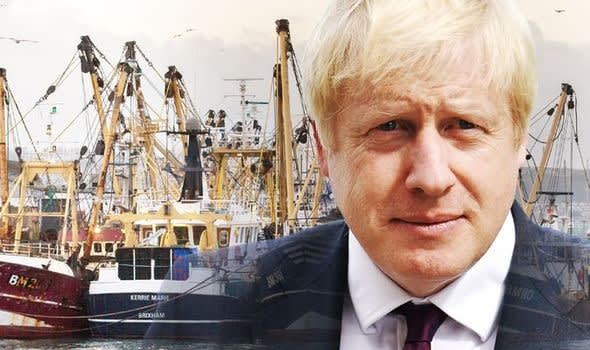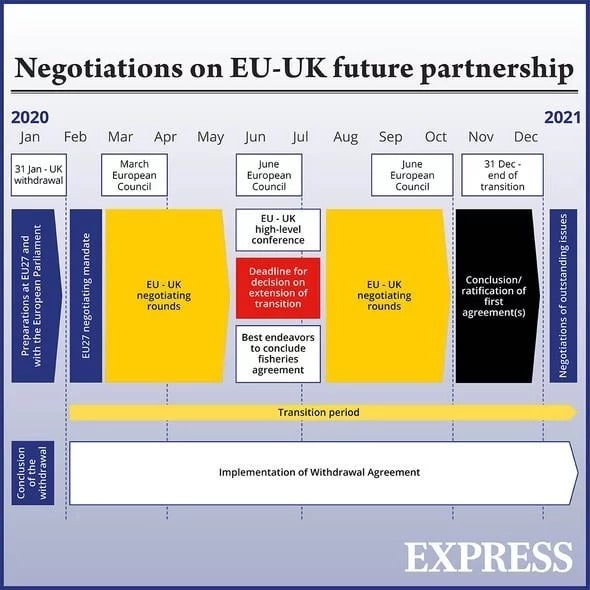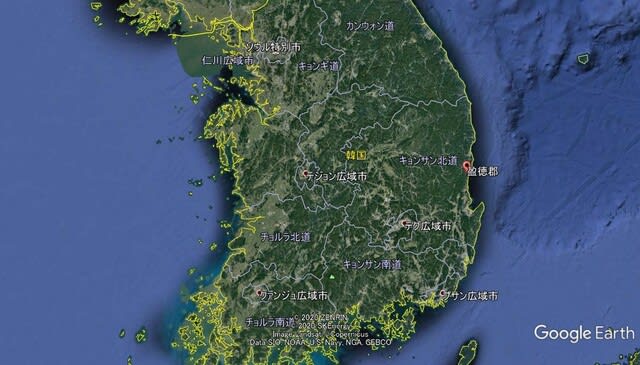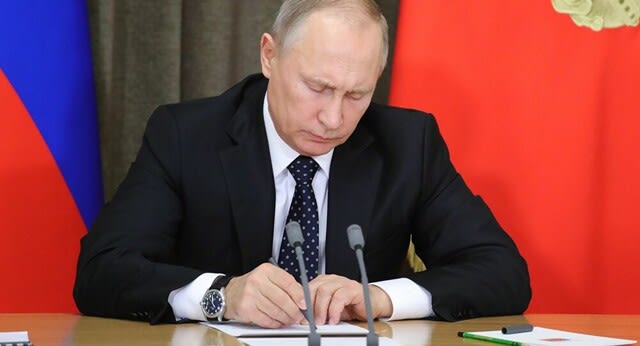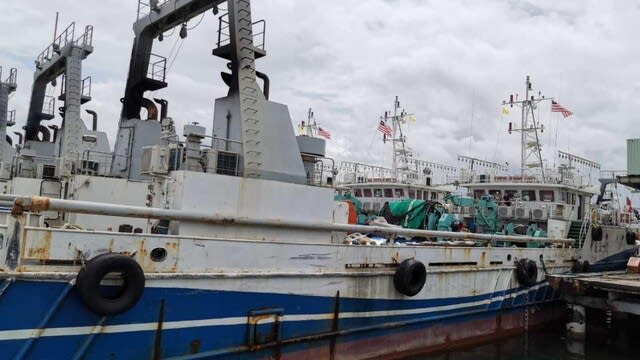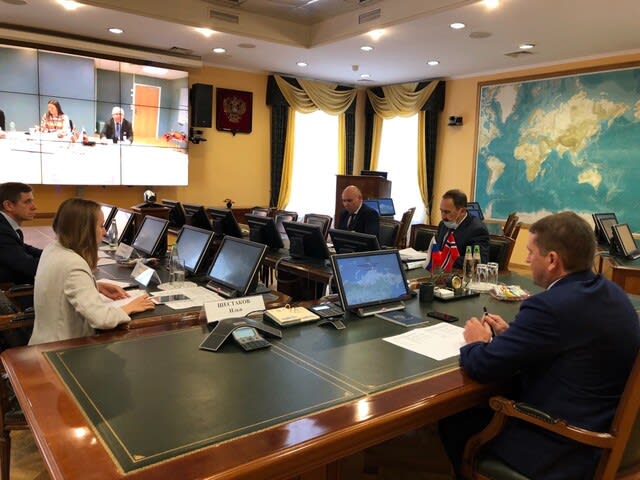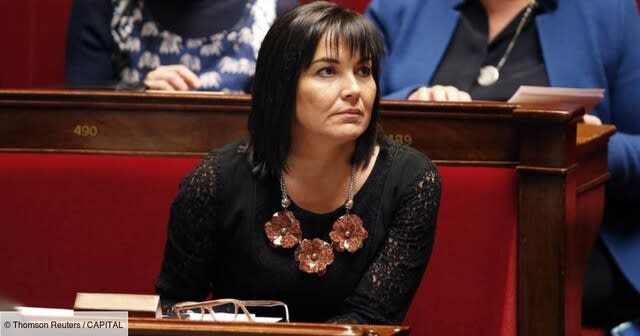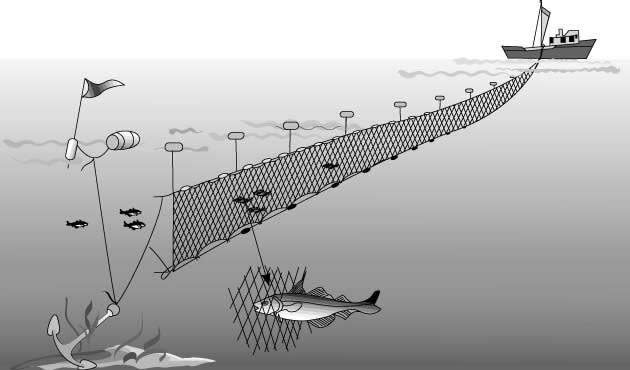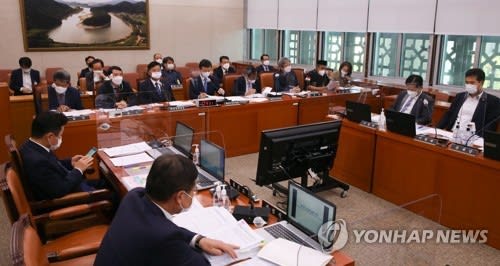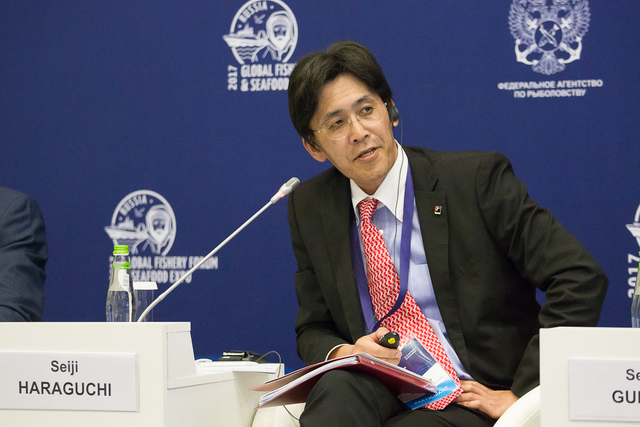Russians jet in to save New Zealand's beleaguered deep-sea fishing industry
Dominic Harris and Blair Ensor08:37, Oct 15 2020
ALDEN WILLIAMS/STUFF
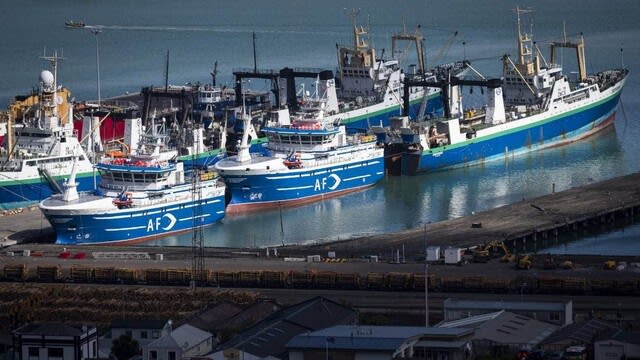
Deep-sea fishing boats around the country, including Independent Fisheries’ Independent vessel in Lyttelton, right, have been tied up for months awaiting fresh crew.
Hundreds of Russian and Ukrainian seamen will fly into Christchurch in the coming weeks to save the country’s beleaguered deep-sea fishing industry, which has been haemorrhaging cash and is on the brink of mass layoffs.
About 440 fishermen will arrive on two flights chartered by fishing companies – the first of which touches down from Moscow via Singapore on Friday.
They face 14 days of managed isolation in a single facility in Christchurch, before joining fishing boats run by Sealord, Independent Fisheries and Maruha Nichiro.
Isolation costs, which will be footed by the three companies, are expected to be about $1 million.
New Zealand’s deep-sea fishing industry, largely reliant on overseas workers, has been crippled by Covid travel restrictions that have left operators unable to crew their boats, costing tens of millions of dollars.
Since September, more than 100 fishermen have flown into the country, and up to 800 are expected under special government border exceptions for such crewmen – jobs that cannot be filled by Kiwis.
The 237 fishermen aboard the first flight will be met by translators, organised by the fishing companies, who will help with sign-in procedures and ensure they understand quarantine rules.
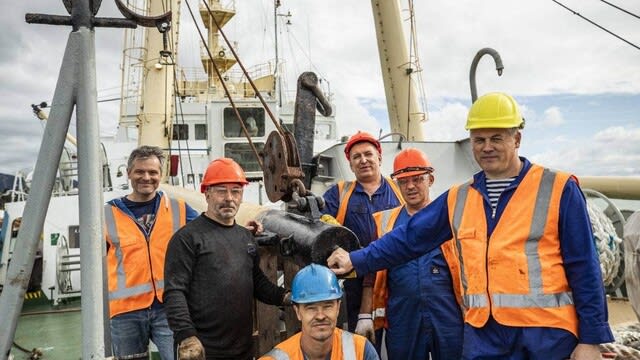
BRADEN FASTIER / STUFF/NELSON MAIL
Russian crew onboard the fishing vessel Profesor Aleksandrov at Port Nelson.
Some will have their own rooms, others will share at the unnamed facility. No additional security resources were needed, a managed isolation and quarantine spokeswoman said.
A second flight, carrying around 203 fishermen, is expected to land at the end of the month. Each flight will cost the companies $600,000.
Specialist deep-sea fishermen from Russia and Ukraine have been crewing New Zealand boats for decades, usually working six months on and six off.
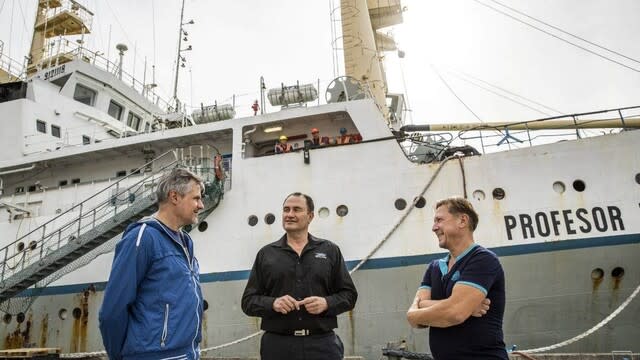
BRADEN FASTIER / STUFF/NELSON MAIL
Sealord chief executive Doug Paulin, centre, chats with Profesor Aleksandrov 2nd officer Andrei Milovawnov and engineer Anatolii Filev.
Crews change twice a year via charter flight, but a switchover due in May would have left boats unmanned because of Covid, forcing the companies to persuade fishermen to stay on.
Independent Fisheries has had its three deep-sea trawlers tied up in Lyttelton since the end of August after fatigued crew were sent home.
That cut about 12,500 tonnes from its annual catch, slashing revenue by a quarter – to the tune of “tens of million of dollars”, chief executive Mark Allison said.
With the meter still running with boats in port, operational costs have “gone through the roof”.
Fifteen crew who arrived since September are in isolation, and with another 80 arriving soon, Independent hopes to be fishing by mid-November.
Without them, Allison said the company would be “out of business”.
“We’d be forced to lay off many New Zealanders on land-based operations that rely on these vessels to provide fish to the factories.
“We’re probably a month away from having to start making people redundant.”
Sealord, which operates nine vessels from Nelson, two of which use wholly overseas crews, has had 47 crew already come through quarantine.
A total of 160 are coming so those two boats can start fishing again from mid-November.
Its boats were tied up at the end of September, and the expected eight weeks without fishing would likely cost the company about $2m, chief executive Doug Paulin said.
“If we hadn’t been able to get the crew in and (the delay) had extended for six months or even a year, it would have halved our bottom line.”
Paulin said being able to get fresh crew to New Zealand is a “massive relief”.
“[Not fishing] would have dropped our profit to such a level where it becomes very difficult to invest back in the business. We would have been looking at making changes and restructuring across the organisation.”

ALDEN WILLIAMS/STUFF
The Government has made concessions to Covid travel restrictions to allow deep-sea fishing crews to enter the country.
Andrei Milovawnov, second officer aboard Sealord’s Profesor Aleksandrov, arrived in Auckland last month and has been in Nelson since October 3, helping with repairs and maintenance.
After waiting to return to New Zealand since May he is looking forward to getting back to sea, despite missing his wife and daughter back home in Crimea.
“I think we will stay here for maybe eight or 10 months, almost a year. It will be not very easy but all our team are ready to stay.”
While grateful for the Government’s exemptions, Maruha Nichiro’s operations manager Tim Law said having them earlier would have been better, with fishing companies trying to get staff into the country since the end of March.
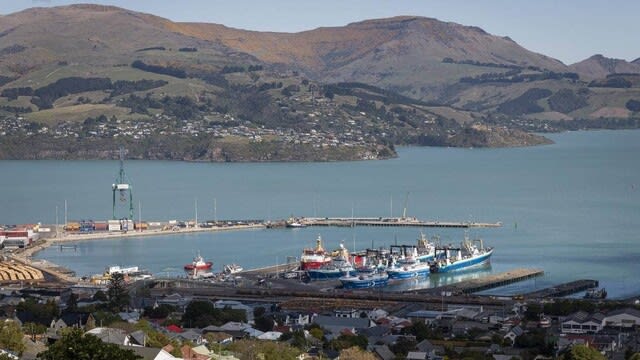
ALDEN WILLIAMS/STUFF
The fishing industry has lost tens of millions of dollars in recent months.
New Zealand’s borders are closed to most people beyond citizens and residents to prevent the spread of Covid, though there are exceptions for some based on their need to travel, including economic reasons.
Immigration Minister Kris Faafoi said foreign deep-sea fishing crew “contribute significantly to New Zealand’s economy”.
“The Government accepts that there are few additional Kiwis with the experience to safely work on these ships in the short term.”
In return, the industry has promised to remove barriers to employing New Zealanders.
* Clarification: An earlier version said Sealord operates two vessels from Nelson, and will have 160 more crew coming from Russian and Ukraine, in addition to 47 already here. The company has since said it operates nine vessels from Nelson, and that 160 is the total number of Russian and Ukrainian crew it will have.
